Powdered ABC
Powder extinguishers cool the flames with a powder that acts as a thermal explosion. This type of extinguisher is particularly effective against Class A, B and C fires, which include solids, liquids and gases. The specific types of powder are ABC and BC, which vary according to the type of fires they are most effective against. ABC powder is capable of handling solid, liquid and gas fires, while BC powder is specifically designed for liquid and gas fires.
WHAT CLASSES OF FIRE ARE POWDER EXTINGUISHERS DESIGNED FOR?
Powder extinguishers are the best-selling type, mainly due to their versatile use. They are designed to extinguish the following classes of fire:
- Class A - solid or organic materials such as wood, coal, paper, textiles or plastics.
- Class B - flammable liquids such as gasoline, petroleum oil, paint, or diesel
- Class C - flammable gases such as natural gas, propane-butane or methane
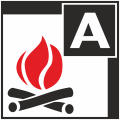
.png)
.png)
WHERE CAN A POWDER EXTINGUISHER BE USED?
Powder extinguishers are suitable for use not only in the home, but also in commercial and industrial buildings, vehicles and are also suitable for outdoor use.
WHAT ARE THE TECHNICAL SPECIFICATIONS OF POWDER EXTINGUISHERS?
Powder extinguishers are usually manufactured with different filling capacities, commonly 1kg, 2kg, 6kg, 9kg and 12kg to suit different needs and applications. It is advisable to get a small and compact powder extinguisher for the car, which can be the Beta GP-1KG for example . On the other hand, for large warehouses or factories, we can recommend the Cervinka P12 Če extinguisher, which has a 12 kg extinguishing agent capacity. The extinguishers are also made to withstand extreme temperatures, usually ranging from -30°C - +60°C, which allows them to be used in different climatic conditions.
WHAT IS THE IMPORTANCE OF THE RATING OF THE EXTINGUISHER?
The extinguishing capability, or rating, is represented on the extinguisher by a combination of numbers and letters (e.g. 21A 144B, 34A 233B, etc.). The numbers indicate the size of the standard fire to be extinguished and the letters indicate the class of each fire. Thus, in the example given 21A 144B, the extinguishing power is 21 for fire class A and 144 for fire class B. Fire class A has a total of 8 different levels for extinguishing power and class B has a total of 9. The highest levels that a fire extinguisher can reach are 55A and 233B. For class C fire, it is checked whether the appliance will extinguish the escaping gas from the pipe. Thus, for class C, a numerical value is not given.
WHAT ARE THE RECOMMENDATIONS FOR THE USE AND MAINTENANCE OF POWDER EXTINGUISHERS?
When using a powder extinguisher, it is important to follow the correct procedure for maximum efficiency and safety. For example, during a fire, it is recommended to maintain a minimum safe distance from the flames to allow proper dispersion of the powder while preventing backfiring. In order to ensure the reliability of the extinguisher when needed, regular servicing and maintenance must be carried out by our experienced service technicians. Regular inspection and maintenance will help extend the life of the extinguisher while ensuring its functionality in the event of a fire.
Powder does not conduct electricity, so it is possible to extinguish equipment under current up to 1000 V with these devices.Powder extinguishers find their use especially in family houses (at house-warming), residentialresidential or warehouse buildings, trucks and cars, and practically in all businesses.
Are you renovating your house or are you looking for a way to secure your home?
A suitable solution is a 6 kg powder extinguisher - P6Če 2. Simply order this extinguisher, as well as a discounted set for the house, on our e-shop.

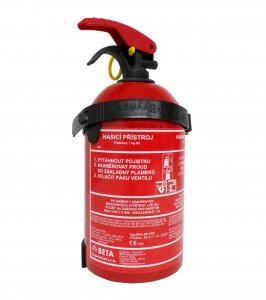
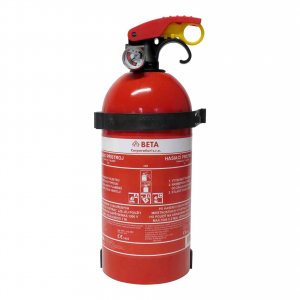
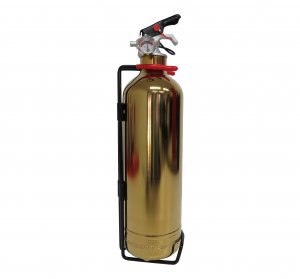
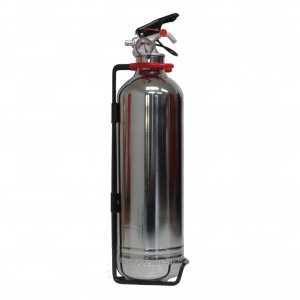
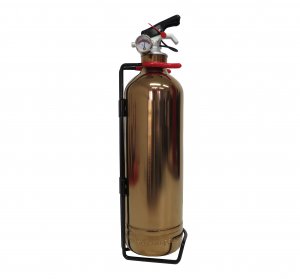
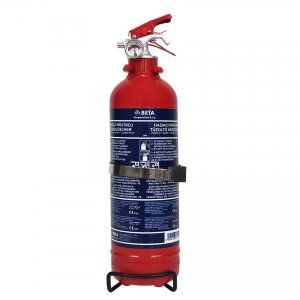
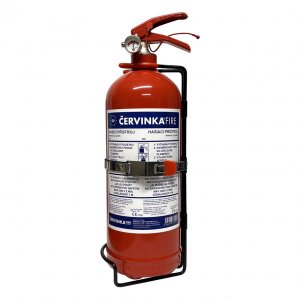
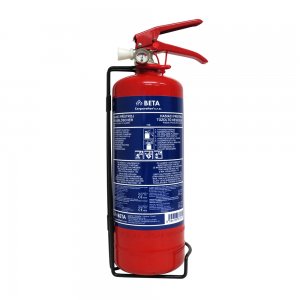
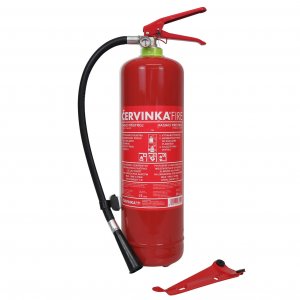
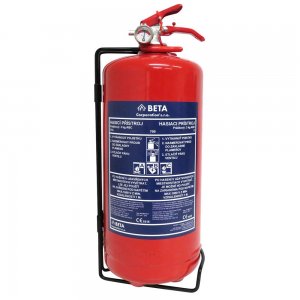
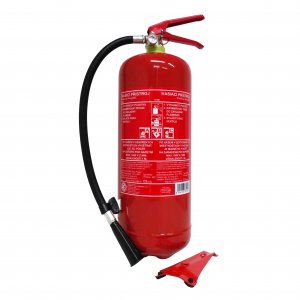
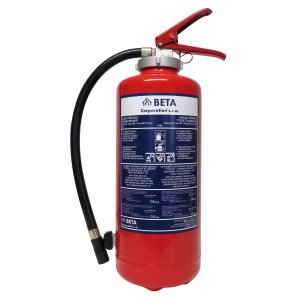
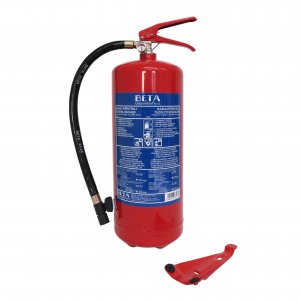
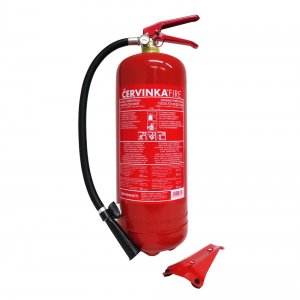
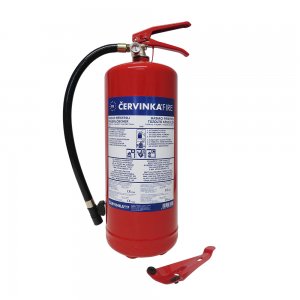
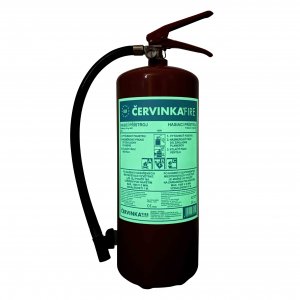

 Settings
Settings